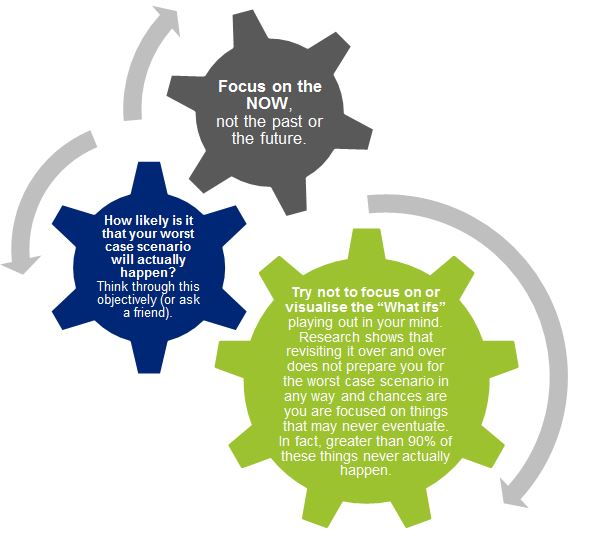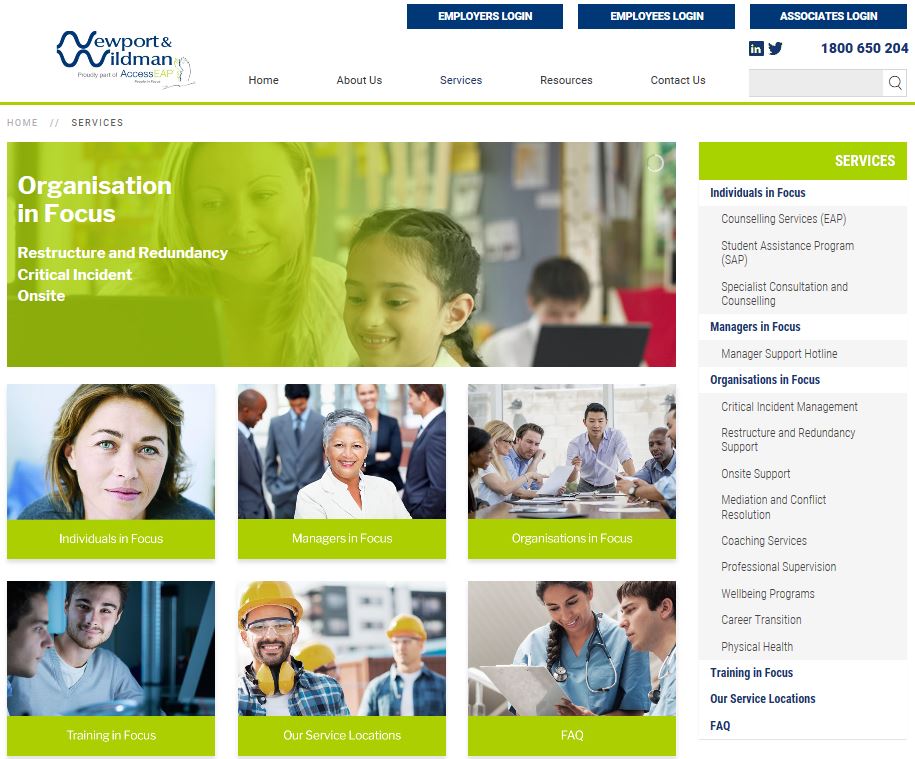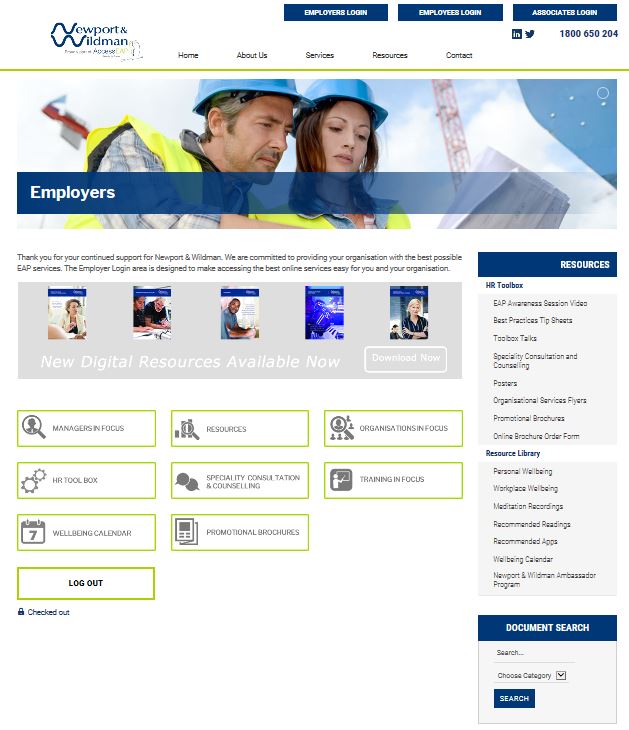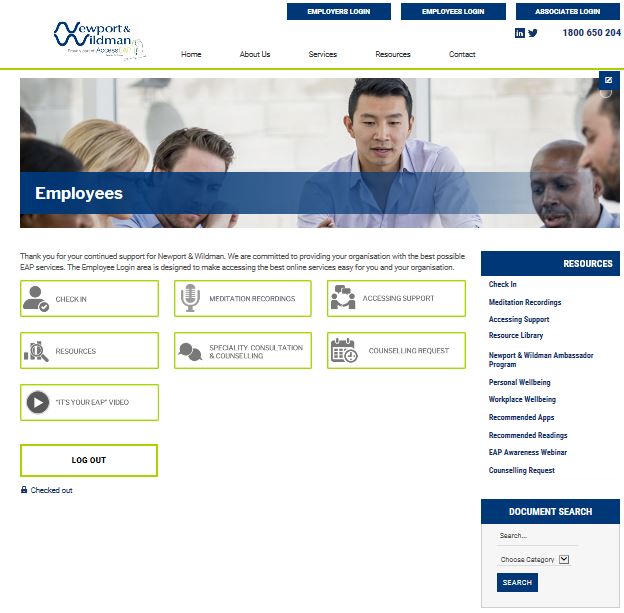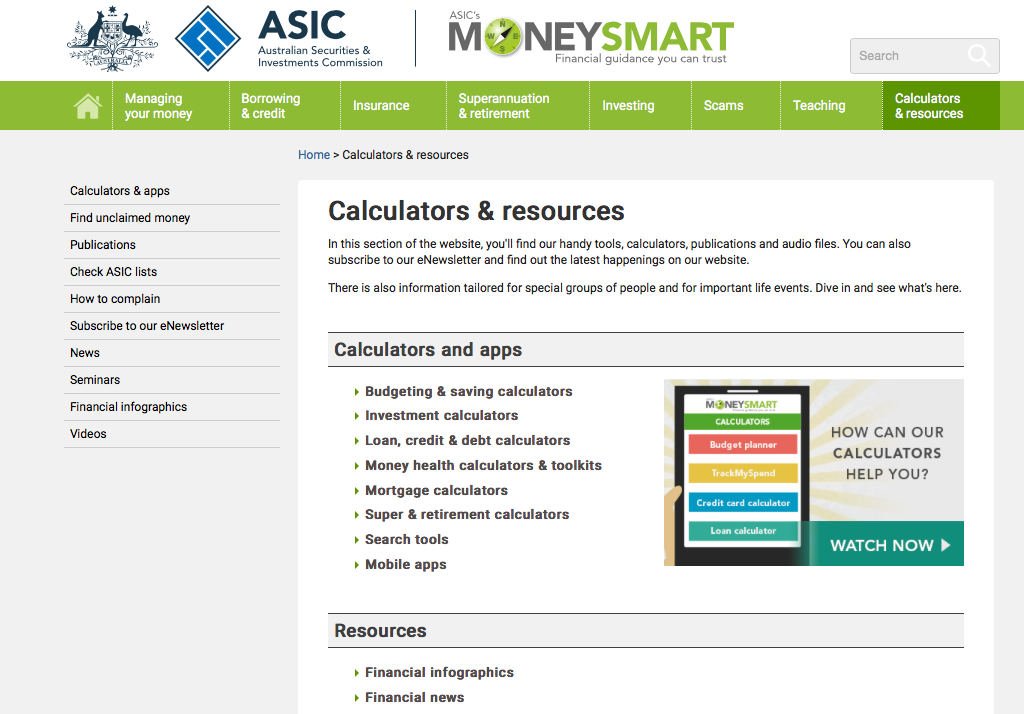As a part of AccessEAP, Newport & Wildman provides White Ribbon approved training programs and trainers to assist organisations in their commitment to support the victims of domestic violence in the workplace. This training may form part of your DV Plan or may be part of your White Ribbon accreditation process. Newport & Wildman supports companies in educating employees as part of creating a domestic violence action plan based around three elements; Recognise, Respond, Refer. The training includes raising awareness and understanding and challenging stereotypes.
Recognise
When a woman is experiencing domestic violence, it is likely that her patterns of behaviour will change. Managers should remain connected to their team to be able to recognise any changes. Some behaviours to look out for may include;
- Frequently arriving to work very early or very late
- Frequent personal phone calls that leave the employee distressed
- Difficulty concentrating and making decisions
- Not attending out of hours work functions or engaging socially with colleagues
- Stress
- Ill health and increased leave usage
- Wanting to resign or relocate
Respond
If someone has taken the difficult step of sharing their experience of violence or abuse, it is vital to respond in an appropriate and supportive manner. Firstly, you should believe the person and listen without judging. Be supportive, encouraging, open and honest. There are also some practical considerations which will help make the person feel safer and more supported.
- Screen their phone calls or install caller ID on their phone
- Change their email address and remove their details from the organisation’s directories
- Encourage the employee to alter their daily travel route
- Arrange for priority parking close to the building entrance
- Organise for them to be accompanied to and from their car
- Alert key staff with full consent and ensure they are discreet at all times
- Ensure employee’s workstation is not easily accessible for someone entering from outside
Refer
While provisions such as additional special leave, financial assistance and security measures will go a long way towards supporting women to remain in the workplace, other external supports may also be required. Referring employees to an expert domestic violence service can provide crisis counselling, information on crisis care facilities and refuges, information on domestic violence orders and court support and information on longer term counselling services.
For more information please contact us on 1800 650 204.



